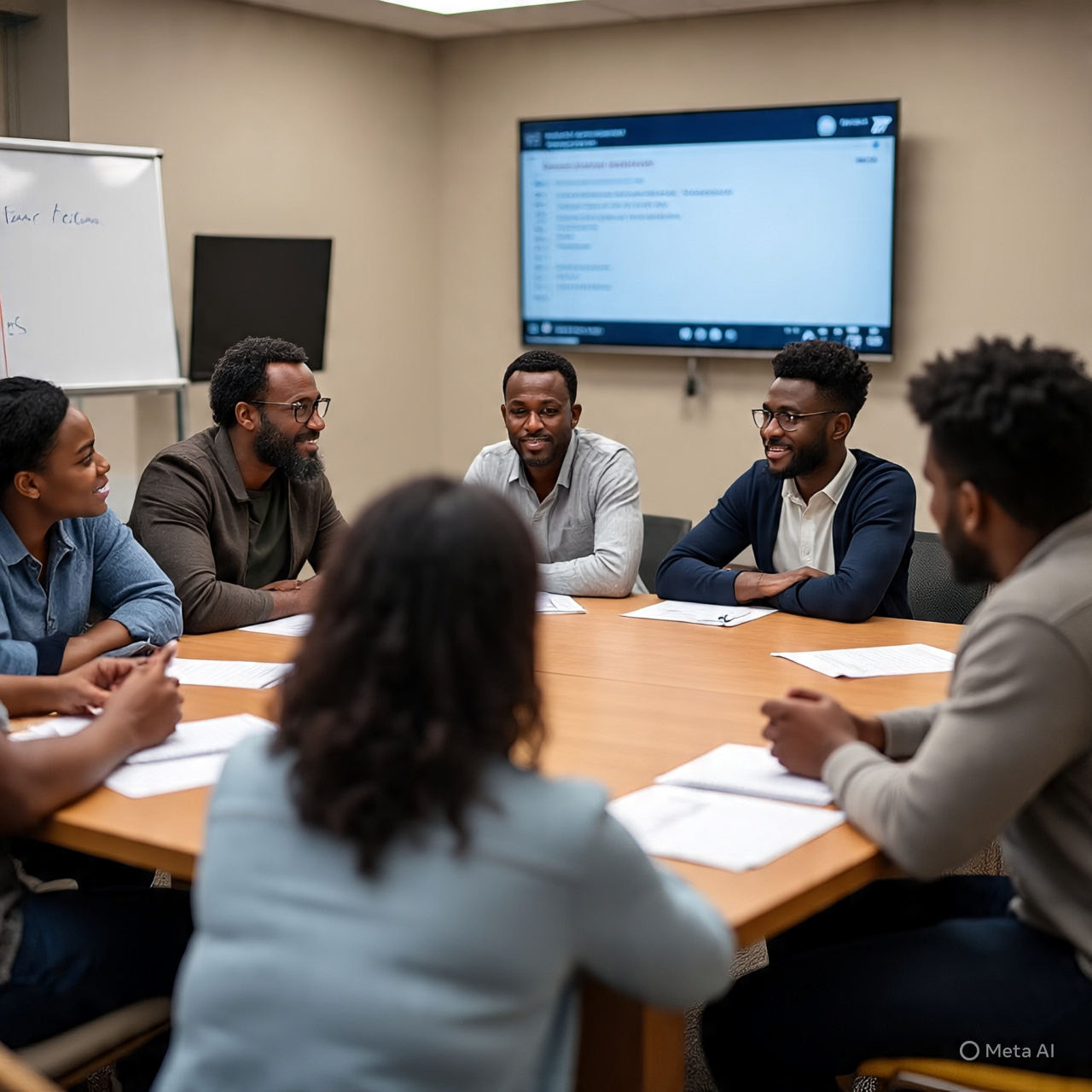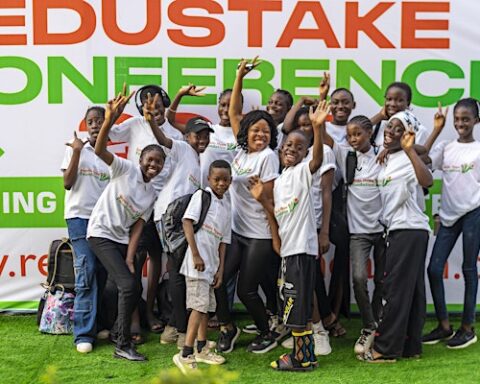It’s truly nice to engage scholars at the 4th Annual International Conference of Management and Social Sciences Researchers of Nigeria for two days at the Imo State University. Quite enlightening and enriching. Not to forget new friends I have made from different places!
When I was chairing the conference yesterday, I pointed out that it’s pretty odd that all presentations were based on quantitative research. Not even one person made a reference to qualitative research!
Yet, we know that research is not just quantitative, but can also be qualitative. There is even the methods approach. Why didn’t any person refer to the qualitative technique or mixed methods at all?
While most people participants seem to glamorize quantitative research, it is appropriate to bear in mind that there are serious issues with it. Two days ago, Dr Iheanyi Anyahara, in his excellent presentation, reminded us that numerical data and statistical analysis are no longer enough. The social issues and the processes leading to these figures need to be established convincingly. This is in line with current thinking and practice worldwide.
One of the major problems with quantitative analysis is that it doesn’t provide information on why a phenomenon occurs. It just tells you that it takes place. The scant information has serious consequences. A scholar should know why the phenomenon happens. A scholar isn’t a technician!
Quantitative research doesn’t make for theory generation, let alone development. Because the data it provides isn’t in-depth, it is difficult to build a theory on it.
Quantitative research doesn’t capture human emotions. Figures don’t tell or reveal to you how humans feel on a given issue. To say that a certain percentage of Nigerians is poor, for instance, doesn’t convene the weight of poverty well as singling out a person or two and describing in detail how they can’t afford basic medical treatment, eat or send their children to primary school. A lot of issues need to be conveyed with dramatic force.
Number crashing can sometimes be misleading. Robert McNamara, who was to become the World Bank president in April 1968, performed not so brilliantly as the American Secretary of Defence in the early 1960s as a result of his conduct of the war with Vietnam. He was preoccupied with statistics, not human emotions and strategy and tactics. As a result, the war became extremely unpopular, dividing Americans whose soldiers were returning home in large numbers in body bags. There were sustained street protests against the war.
McNamara was a brilliant student at the University of California at Berkeley and at Harvard Business where he was famous for number crushing. He also excelled at Ford Motors, but in government he went too far with his obsession with numbers. His experience should be a lesson to all of us.
Authorities in the private sector and in the public sector manipulate statistics. Donald Trump last month removed the American in-charge of labour statistics, accusing her of manipulating the unemployment figures against his government. In 2008, the Argentine government fired the statistician general and replaced him with someone who was providing figures that the international community, including the World Bank and the IMF, rejected.
Here in Nigeria, Bunmi Oni, the Cadbury MD, and Rufus Giwa, the Lever Brothers MD, were removed for manipulating statistics about their companies.
Quantitative research is frequently an example of “garbage in, garbage out”. It doesn’t give you the opportunity to probe claims, unlike, say, the in-depth interview technique in qualitative research.
Recognizing the inadequacies of quantitative research is critical in our work, as in acknowledging the strengths and weaknesses of the qualitative approach and the mixed methods. Such recignition makes for penetrating and balanced scholarship.
Thanks
C. Don Adinuba.
Follow us on all social media platforms @dailyquery for news and analyses around the globe.


























